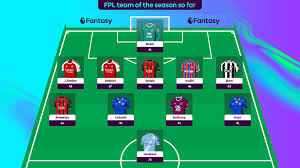The Importance of Chronicle in Our Lives

Introduction
‘Chronicle’ signifies a long-standing tradition of documenting events in chronological order, shedding light on significant happenings across histories and cultures. In today’s fast-paced digital world, the importance of chronicling events has only intensified, serving as a tool for education, reflection, and societal progress.
What is a Chronicle?
A chronicle, in its simplest definition, is a factual written account of important or historical events in the order of their occurrence. Contrary to mere chronological listings, chronicles provide context to the events, enabling readers to understand the interconnections and implications of history. The practice of chronicling dates back to ancient civilizations, where scribes meticulously documented events on clay tablets and papyrus.
Significance in Modern Context
In the modern era, the role of chronicles has expanded beyond historians’ records. Whether through journalism, social media, or personal diaries, the essence of chronicling remains relevant as it allows individuals to narrate their journeys and document the evolving fabric of society. Major global events, like the COVID-19 pandemic, have seen a surge in people sharing their experiences, emphasizing the power of storytelling during unprecedented times.
Examples of Chronicles in Recent Events
Many contemporary chronicles can be seen in various forms. The graphic novel ‘March’ chronicles the Civil Rights Movement through the perspective of Congressman John Lewis, helping readers appreciate the challenges and triumphs of the era. Additionally, with rising digital platforms, chronicles of climate change activism have emerged, capturing the voices and experiences of young activists rallying for a sustainable future.
How to Create Your Chronicle
Creating a personal chronicle can be an enriching experience. Start by documenting daily happenings, pivotal moments, or significant changes in your life. Incorporate not just the events but your thoughts and feelings associated with them. This way, you create a rich tapestry of experiences that can be shared or reflected upon later.
Conclusion
In conclusion, chronicles serve as a vital link to understanding our past, shaping our present, and guiding our future. They remind us of the lessons learned and the journeys taken. As we face new challenges and changes in society, continuing the practice of chronicling events will help preserve our histories for generations to come, ensuring that every voice has a place in the narrative of human existence.









